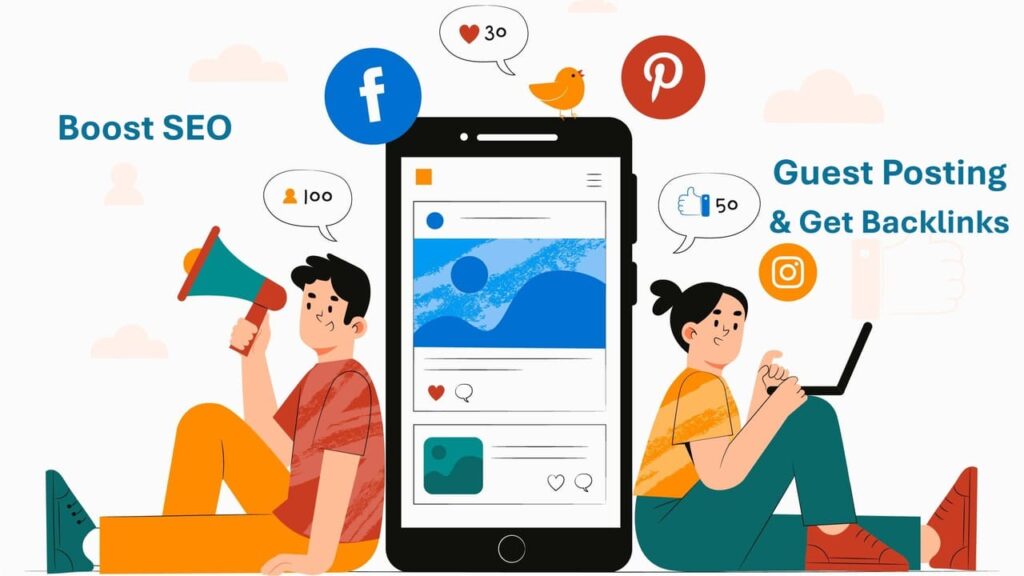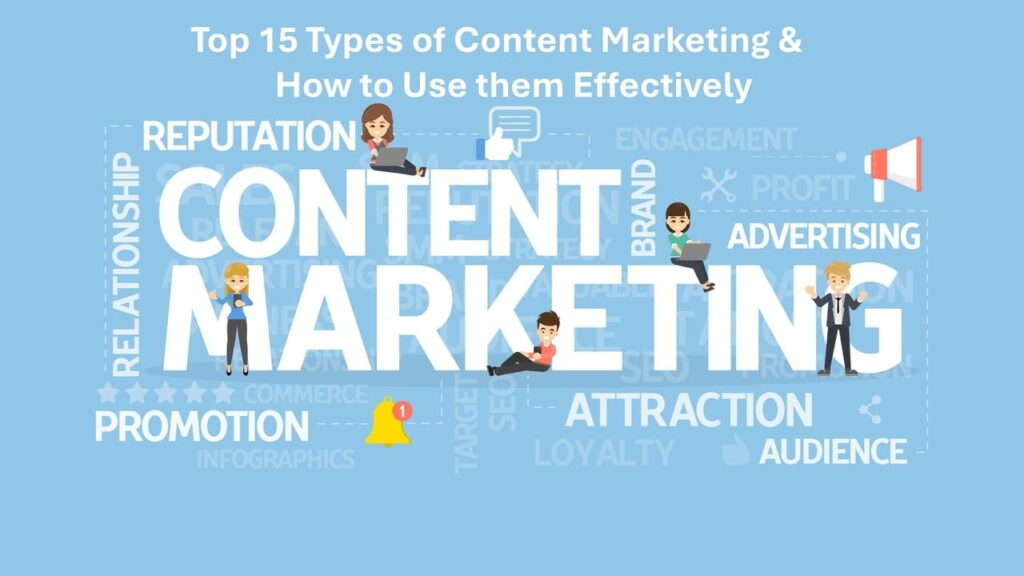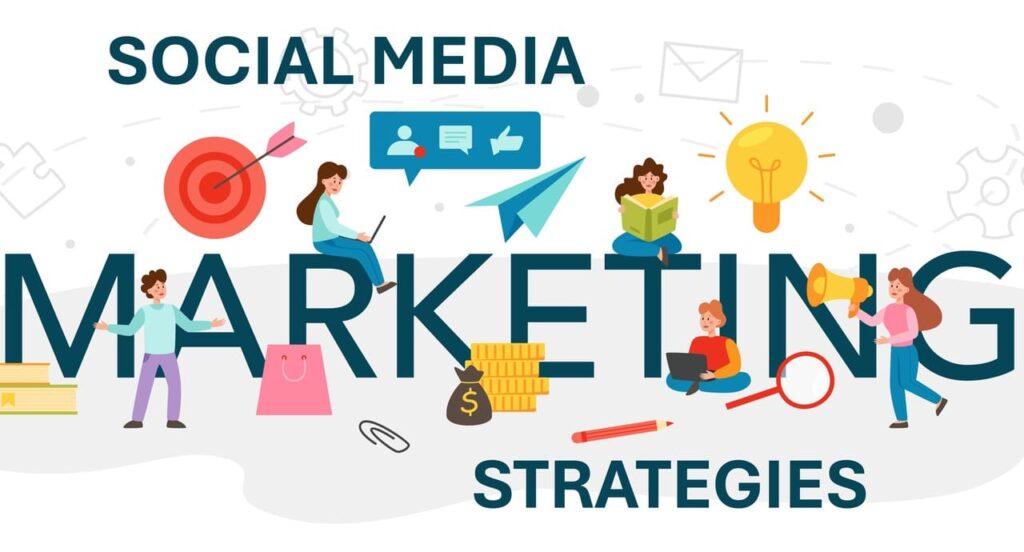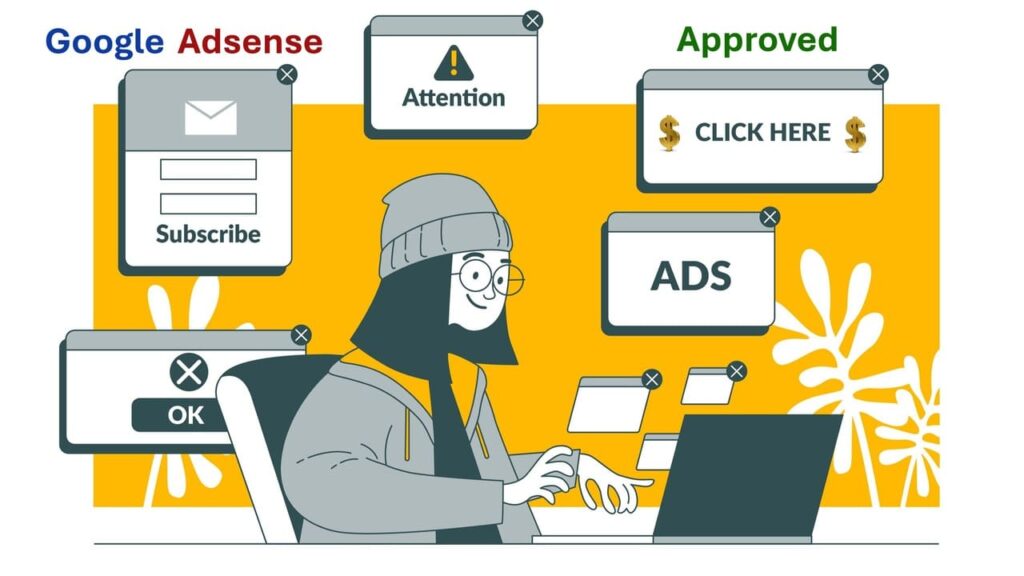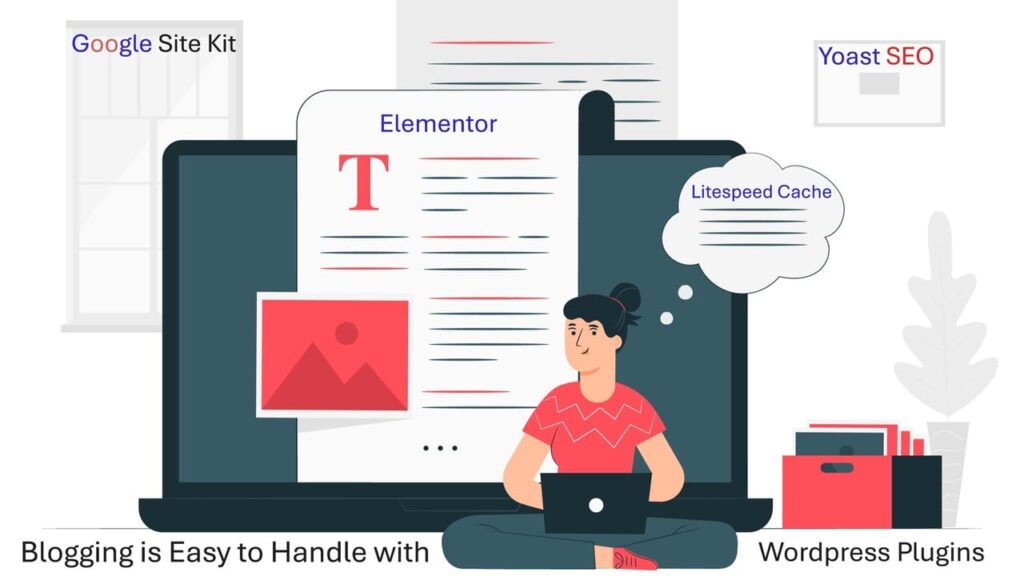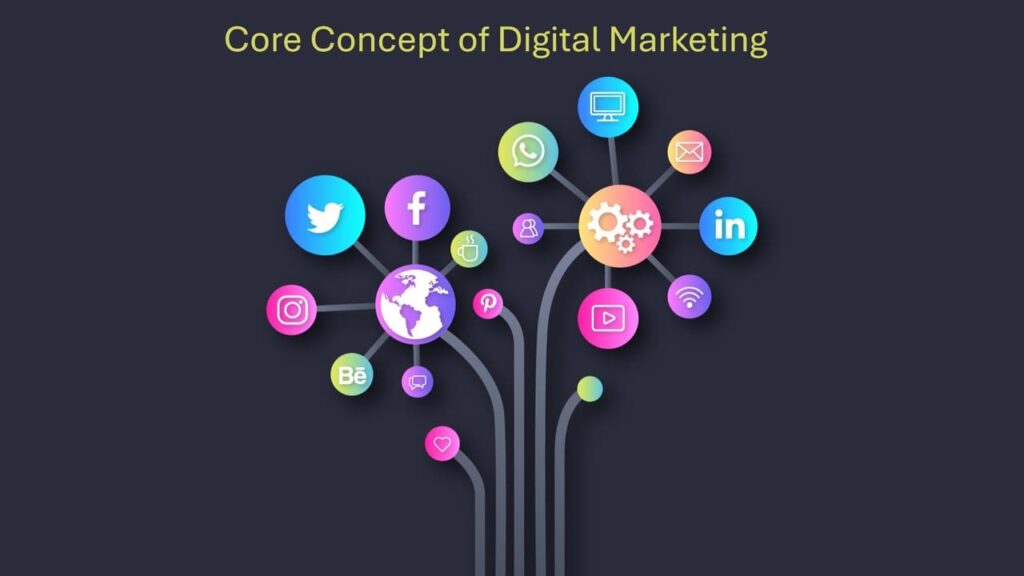
Introduction
Search Engine Optimization (SEO) is like the secret recipe behind every website that dominates Google search results. Whether you’re running a blog, an online store, or a corporate website, SEO helps your content get seen. But SEO isn’t just one thing. It’s actually made up of two core parts: on-page SEO and off-page SEO.
So, what’s the difference between them? Let’s break it down in simple terms.
Table of Contents
What is SEO and Why is it Important?
Before we get into the differences, let’s quickly talk about SEO itself. Search Engine Optimization is the process of making your website more attractive to search engines like Google. When you optimize your site correctly, it shows up higher in search results, which means more people see it—and more people click.
The ultimate goal? To drive organic traffic (that’s the free kind) to your website.
SEO is essential because millions of people search for things every day. Whether it’s “best budget phone under $300” or “how to fix a leaky faucet,” being one of the top results can be a game-changer for your business or brand.
What is On-Page SEO?
Let’s start with on page SEO. Think of this as everything you can do within your website to make it better for search engines and users.
Definition of On-Page SEO
On page SEO is all about optimizing individual pages on your site. You control it directly, which makes it easier to implement and track.
It’s like cleaning your house before guests arrive. You make sure everything looks great, works properly, and is easy to find.
Key Components of On-Page SEO
Let’s look at the elements that make up solid on page SEO:
1. Title Tags and Meta Descriptions
These are what people see in search results. The title tag is the clickable link, and the meta description is the summary below it. A compelling title and description can drastically improve click-through rates.
2. Header Tags (H1, H2, H3, etc.)
Header tags organize your content. The H1 tag is usually the main heading (like the title of your article), and the rest break your content into easy-to-digest sections.
3. Keyword Optimization
You need to use the right Keywords—the words and phrases your audience is searching for. But use them naturally. No one wants to read content stuffed with repetitive phrases.
4. High-Quality Content
This is HUGE. Content should be informative, engaging, and solve the reader’s problem. Google’s top priority is to serve users the best content.
5. Internal Linking
Linking to other relevant pages on your site helps Google crawl your website and keeps visitors engaged longer.
6. Image Optimization
Images should be compressed to load fast. And every image should have an ALT tag, which helps search engines “read” what the image is about.
7. Mobile-Friendliness
More people browse the web on phones than computers. Your site needs to look and work great on all screen sizes.
8. Page Speed
Slow websites lose both rankings and visitors. Speed matters—a lot.
What is Off-Page SEO?
Now, let’s talk about off page SEO. This covers everything you do outside your website to improve its position in search results.
Definition of Off-Page SEO
Off-page SEO is about building your site’s reputation and authority across the internet. It’s like the word-of-mouth of the digital world.
You can have amazing content, but if no one links to it or talks about it, Google might not see it as trustworthy.
Main Off-Page SEO Strategies
Here are some of the most important off-page tactics:
1. Backlink Building
When other websites link to yours, it’s like a vote of confidence. The more high-quality Backlinks you have, the more credible your site appears.
But not all backlinks are equal. A link from a well-known site like Forbes carries way more weight than one from a random blog.
2. Social Media Engagement
Sharing your content on platforms like Facebook, Twitter, and LinkedIn doesn’t directly affect rankings, but it increases visibility and can lead to backlinks.
3. Brand Mentions and Influencer Outreach
Getting your brand mentioned (even without a link) on popular websites or social media can boost your authority in Google’s eyes.
4. Guest Blogging
Writing articles for other websites helps you reach new audiences and usually earns you a backlink to your own site.
5. Forum and Community Participation
Engaging in online communities like Reddit or Quora can drive targeted traffic and create brand awareness.
Key Differences Between On-Page and Off-Page SEO
So now that we’ve covered both, let’s highlight the main differences:
1. Control
- On-Page SEO: You have full control over this. You decide how your site looks and functions.
- Off-Page SEO: You don’t control how or when others will link to or mention your site.
2. Focus
- On-page is all about content quality, structure, and user experience.
- Off-page is about building trust, credibility, and authority through external sources.
3. Time to Results
- On-page changes can bring fast results.
- Off-page efforts, especially link building, take time to bear fruit but can have a long-lasting impact.
4. Tools Used
- On-page: Yoast SEO, RankMath, Screaming Frog.
- Off-page: Ahrefs, Moz, SEMrush (for backlinks), BuzzSumo.
Why You Need Both On-Page and Off-Page SEO
Imagine baking a cake. On-page SEO is like preparing the ingredients and baking it perfectly. Off-page SEO is getting people to taste it and recommend it to others.
You could write the best article ever (on-page), but without anyone linking to it or sharing it (off-page), it might never reach the top of search results.
On the other hand, if you build tons of links to a poorly written article, it won’t perform well either.
The best results come from combining both strategies smartly.
Common SEO Mistakes to Avoid
Even if you know the theory, a few missteps can hold you back. Here are a few SEO mistakes you should dodge:
Ignoring Mobile Optimization
A mobile-unfriendly site can tank your rankings. Use responsive design and test your site on different devices.
Overusing Keywords
Keyword stuffing makes your content unreadable and actually hurts your rankings.
Focusing Only on Backlinks
If your content is bad, backlinks won’t help much. Content is still king.
Not Tracking SEO Performance
Use tools like Google Analytics and Search Console to monitor what’s working—and what’s not.
Conclusion
To sum it all up, on-page SEO is about what you say on your website, while off-page SEO is about what others say about it. If you want long-term SEO success, you can’t choose one over the other. You need both.
Think of on-page SEO as building a strong foundation and off-page SEO as expanding your reach and reputation. Together, they help you stand tall in the crowded digital landscape.
FAQs
1. Can I focus only on On-Page SEO?
Not really. On-page SEO is vital, but without backlinks and social proof, it’s hard to compete—especially in saturated markets.
2. How long does Off-Page SEO take to show results?
It varies. You might start seeing results in 3 to 6 months. But good off-page SEO can keep benefiting you for years.
3. Which is more important—On-Page or Off-Page SEO?
Neither is more important. They serve different purposes and work best when used together.
4. Are social media shares a ranking factor?
Not directly. But they can drive traffic, increase visibility, and lead to backlinks—which do impact rankings.
5. How do I measure SEO success?
Use Google Search Console to monitor rankings, Google Analytics to track traffic, and tools like Ahrefs or SEMrush for backlinks and keywords.

